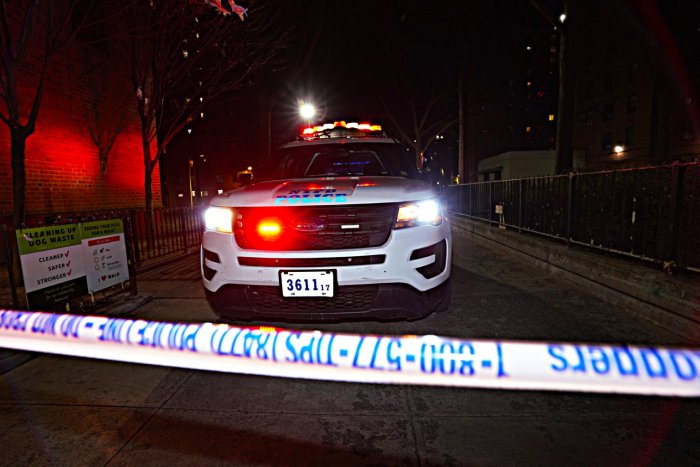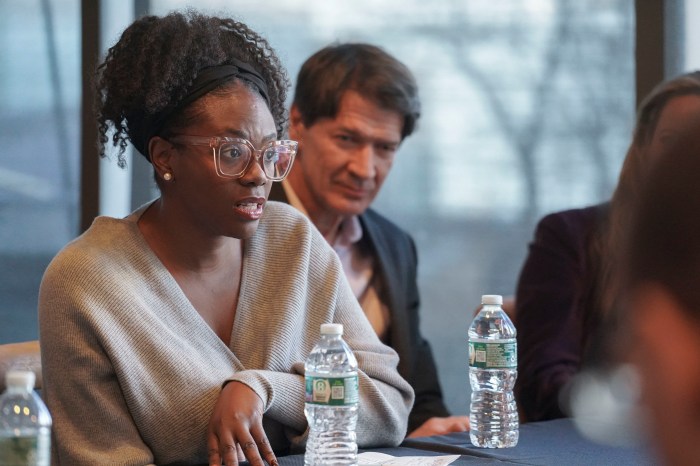By Barbara Morris
In the letters to the editor section of the Feb. 10 edition of the Times/Ledger Newspapers, there appeared two letters commenting on my column, “Don't rush to judge in the Amadou Diallo case,” which appeared in the Feb. 3 issue.
That column had publication errors, which I feel was unfortunate. However, I'm sure they were not deliberate mistakes. No matter how well-trained people may be, mistakes do happen.
Sometimes mistakes are without much consequence. Sometimes errors are tragic and beyond correction, or even explanation. Everyone makes mistakes sometimes – even police.
Mr. Anthony Callender's letter stated that he agrees we should not rush to judge the four anti-crime officers who shot and killed Amadou Diallo. He then said the officers had rushed to judge Mr. Diallo.
Mr. Diallo's death was tragic for all concerned, but it would be impossible for me to tell police officers who might have reason to fear for their lives, how long they should try to assess a situation before trying to protect and defend themselves.
I think it would be impossible for anyone who has not been faced with that problem to comprehend.
Former Officer Steven MacDonald waited too long. He said he just could not believe a 15-year-old would shoot him for no reason. He has spent the last 14 years as a paraplegic, on a respirator and in a wheelchair, as the result of his hesitation.
Mr. Callender also asked, “Does Ms. Morris really understand the consequences of their judgment of Amadou Diallo?” The jury and judge should decide that after a fair trial.
Their decision should be accepted, peaceably by everyone – including those who have been shouting inflammatory rhetoric and demanding, “Kill the cops!” and “No justice, no peace!” Signs like that are threats that could incite to riot. We should all be concerned about what THAT would mean and do as much as we can to prevent it. I hope Mr. Callender agrees.
I believe Ms. Rogers has confused more than one of my columns and read into them things that were not there and certainly are not how I feel. I do not stereotype, nor do I discredit anyone. I try to stop people from making mistakes.
Sometimes they do anyway, thus discrediting themselves. I have never had a problem about accepting good people of any race religion, or national origin.
When integration first came to this area, I spoke out, assuring others that I felt if we tried working together, the process would be a success and we, and the country would be richer for it.
More and more people now seem to be trying to prevent that from happening. False information, or insufficient information, can create turmoil.



































